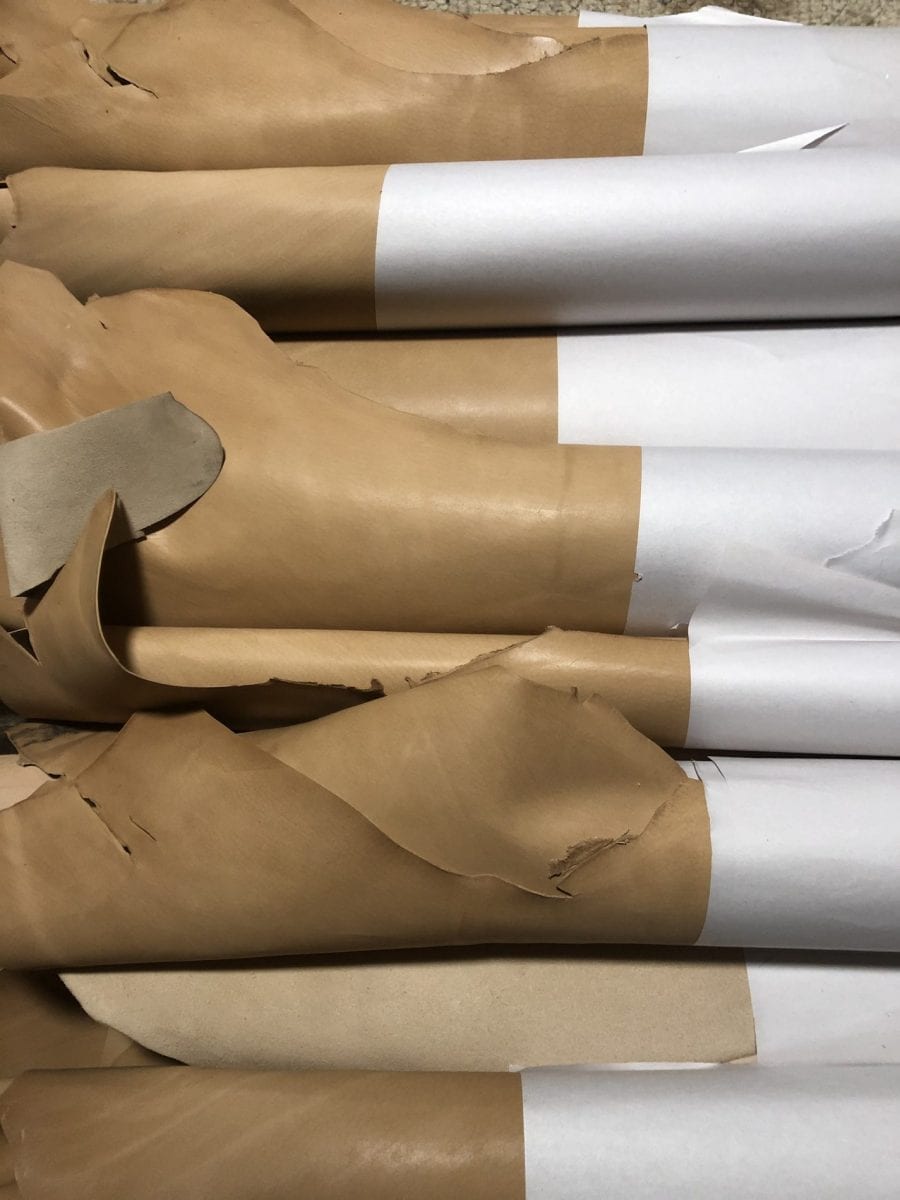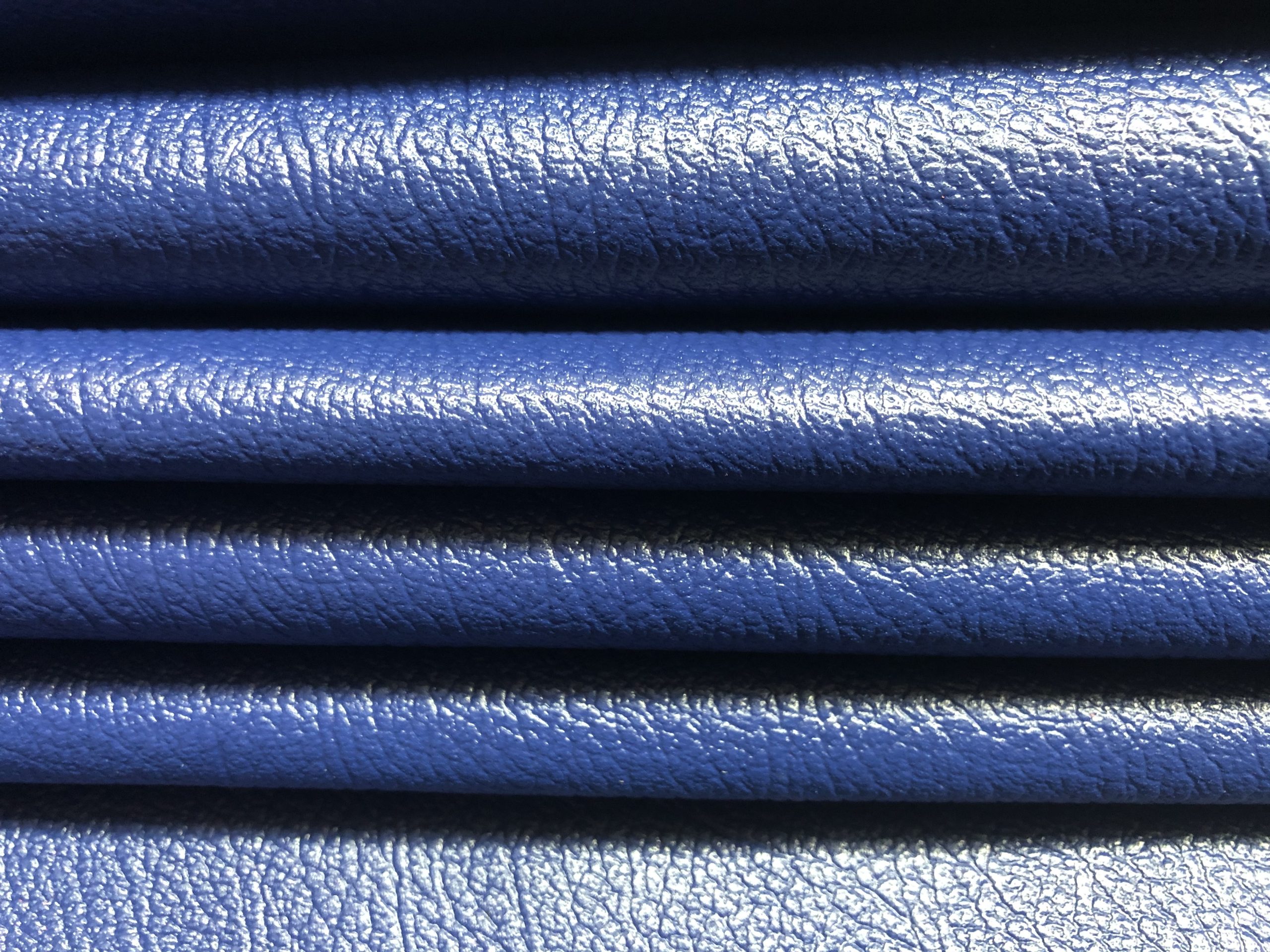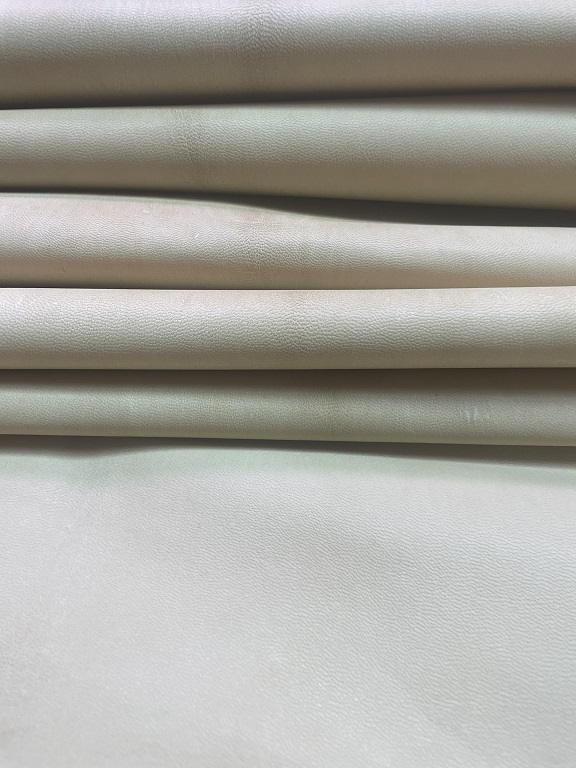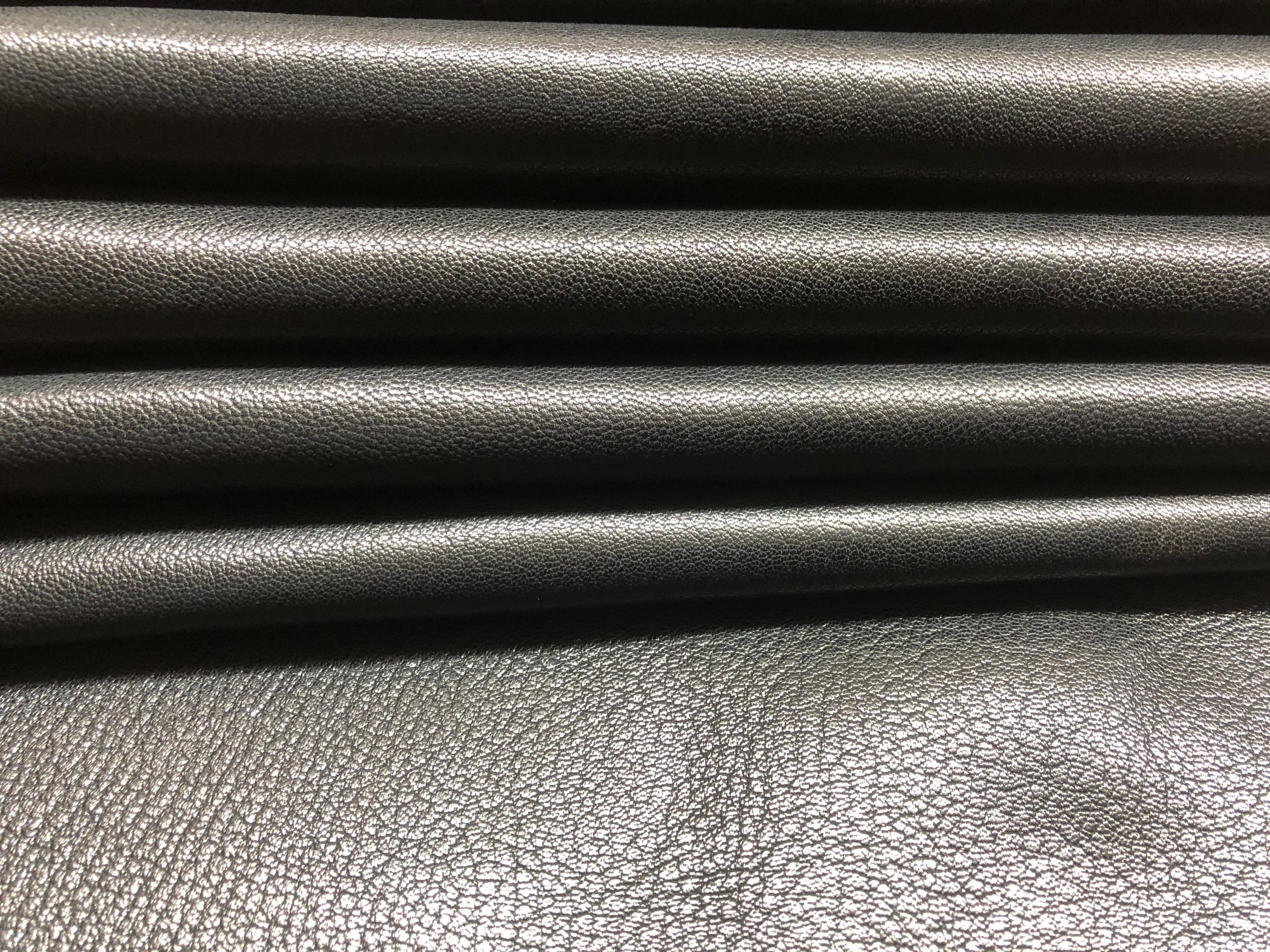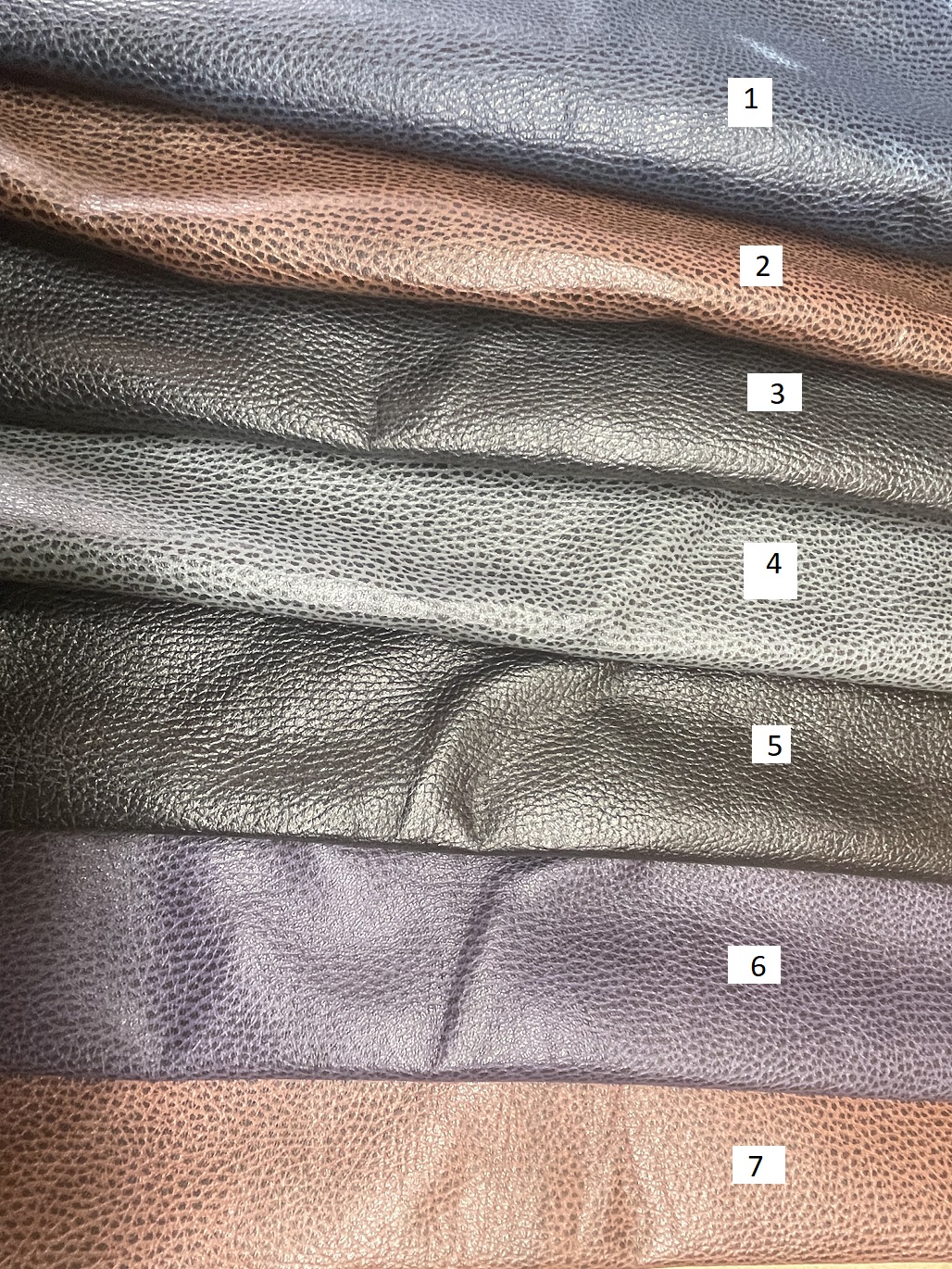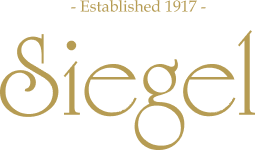Description
SF Vegetable Calf – Setting the Standard in Sustainable Tanning
Test Date: 02/14/22 – Product: STEVE_SF Calf (3)
Introducing our SF Calf leather – a beacon of sustainable tanning. Crafted with precision and backed by thorough research, this leather avoids all mineral tannins (like chrome and aluminium) and sulfur-infused components. Each piece undergoes rigorous lab testing to confirm its sulfur-free status, with the main tannage leveraging pyrogallic tannins. Preserving the calf’s natural grain and aligning with mid-20th-century archival recommendations, our SF Calf leather promises unmatched longevity, especially when compared to other vegetable-tanned counterparts that employ sulfur-based compounds. We are pioneers, being the first to master the complex production of this sustainable leather.
Historical Context:
Modern tanning methods, emerging around 1830, compromised the longevity of leather, particularly in bookbinding. Our SF Calf leather is a revival – emulating leather’s robust chemistry from eras gone by. We achieve this authenticity through rigorous literature reviews and collaborations with expert leather chemists and conservators. Using naturally sourced, sulfur-free substances, we bring you leather that not only harks back to the golden days of tanning but surpasses its contemporary counterparts in durability.
Superior Craftsmanship:
Clients who have worked with our SF Calf leather commend its exceptional organoleptic properties. It’s versatile – adept at tooling, covering, and paring, often surpassing modern calfskins in performance. Early reviews predict this leather will soon be the first choice for many artisans.
Natural Lubrication:
We maintain our commitment to sustainability and purity throughout the process. The leather is lubricated using a combination of raw, filtered, oxidized fish oil, Marseille soap, raw lecithin, and other natural ingredients. This unique blend ensures deep emulsification with tannins, preventing grain cracks and promoting longevity.
Tannage Details:
For the primary tannage, we use a harmonious blend of chestnut liquid, Sumac, and a sustainable byproduct derived from agricultural waste. This last ingredient, rich in sugars and salts, fortifies the leather for the long haul. The retannage employs liquid Gambier extract, known for its catechins and catechu tannic acid, and organic fillers.
Physical Attributes:
This leather showcases a flawless appearance, free of vein marks, and is dried naturally to preserve its intrinsic qualities. All its attributes stem from its meticulously curated tannage and retannage processes.
Performance Test Results (IUP-20, 26 August 2020):
For a leather to qualify as “archival”, it must withstand a minimum of 2,500 flexes. Our SF Calf leather astounds with resilience, enduring over 100,000 flexes, both wet and dry – a remarkable achievement for vegetable-tanned leather.
For in-depth test results and comparative analyses, feel free to reach out at [email protected].

